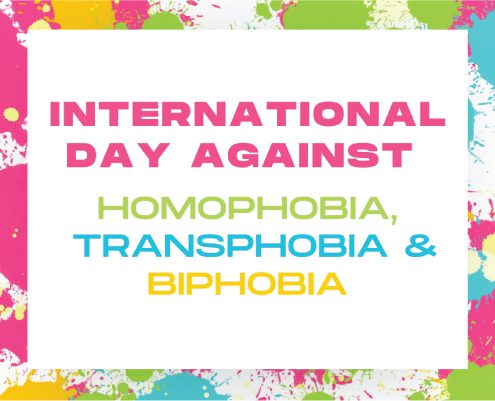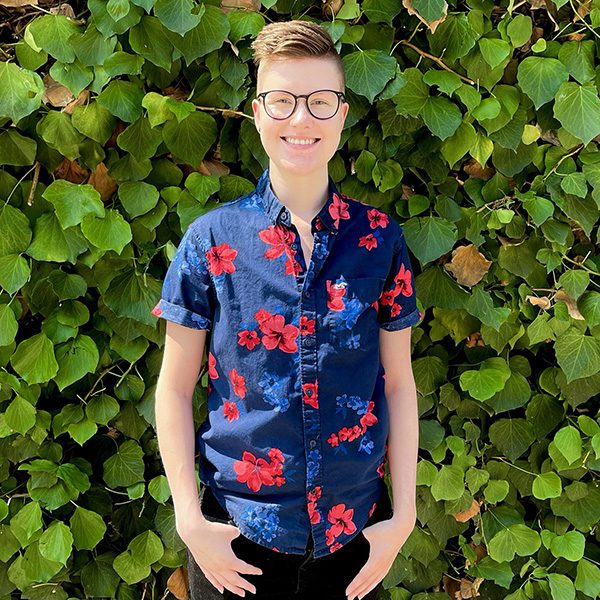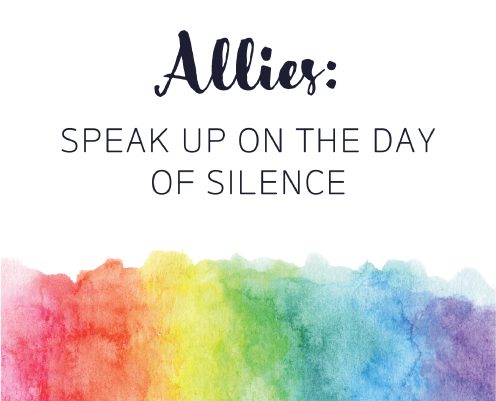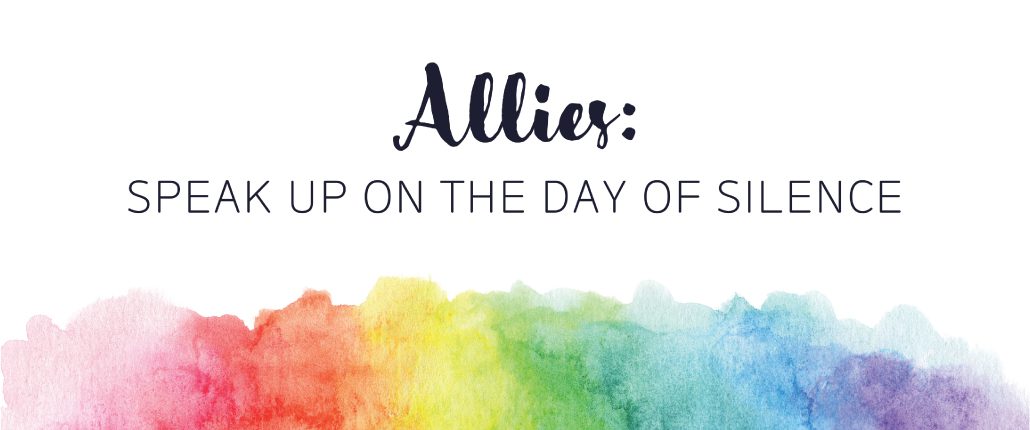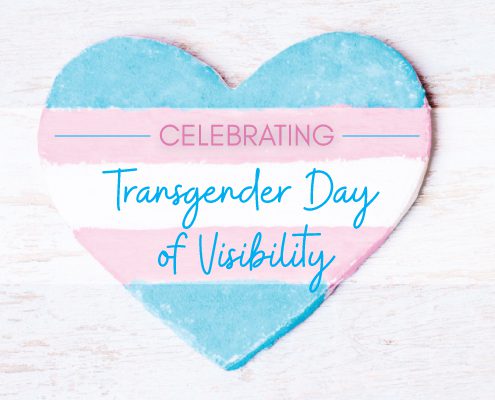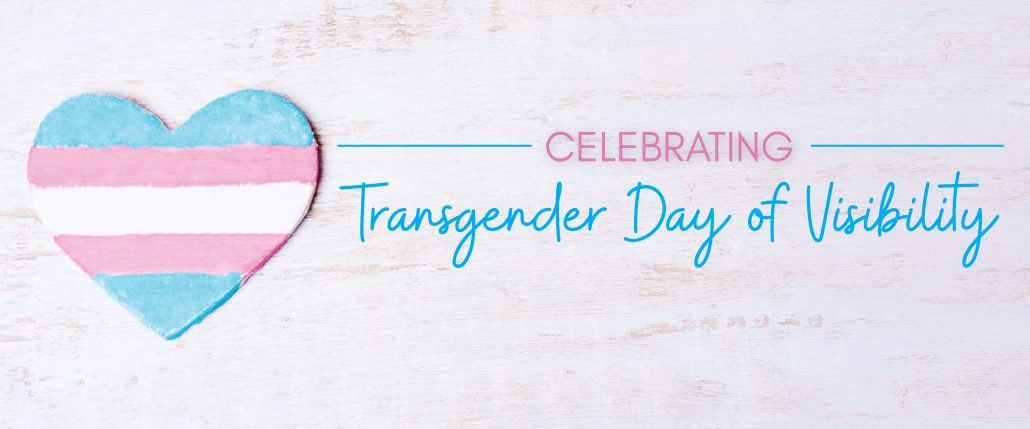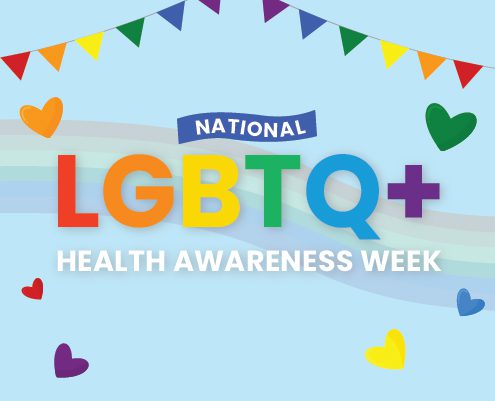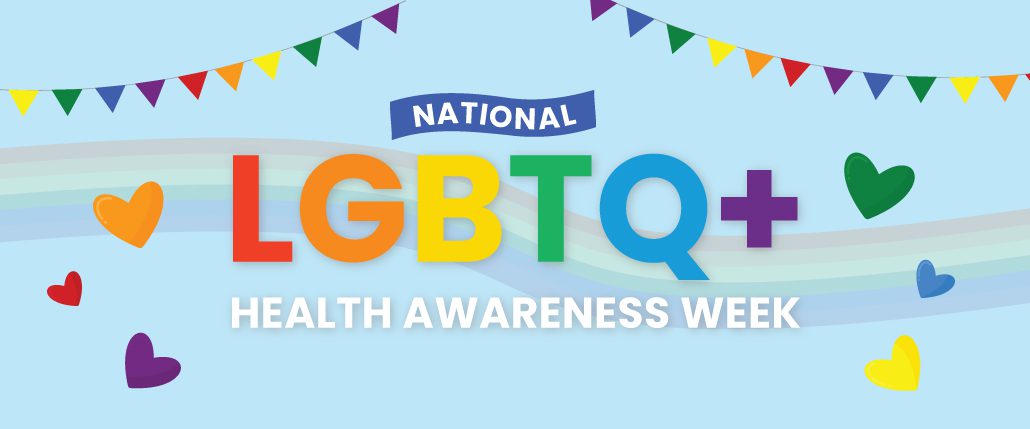International Day Against Homophobia, Biphobia, and Transphobia
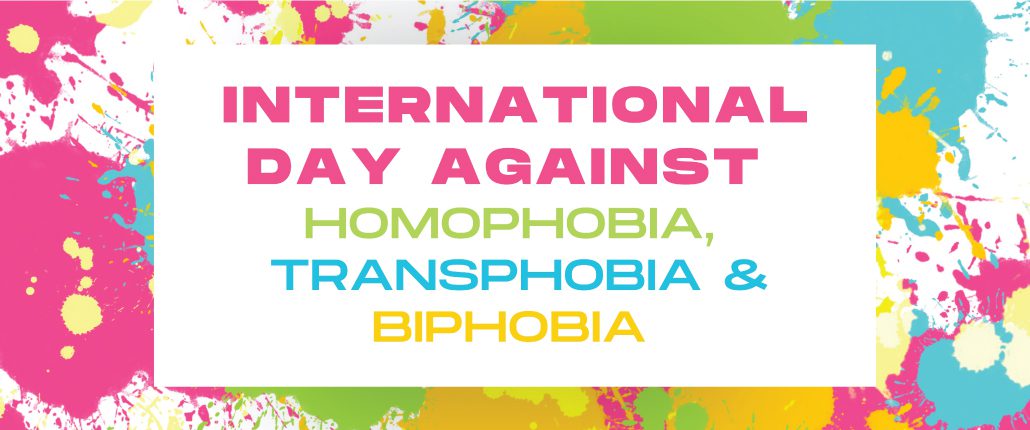
International Day Against Homophobia, Biphobia, and Transphobia
By Leo Kirkham
The International Day Against Homophobia, Biphobia, and Transphobia is celebrated on May 17 every year.
The holiday was imagined in 2004 by grassroots activists, and commemorated for the first time on May 17, 2005. The day of May 17 was chosen to represent the day in 1990 that the World Health Organization removed “homosexuality” from its classifications of mental disorders.
The committee of grassroots activists went by the acronym IDAHO (International Day Against Homophobia). In 2009, the phrase transphobia was added to recognize the violence and discrimination against transgender people. By 2015, biphobia was added as well, to recognize the unique discrimination experienced by bisexual, pansexual, and other multisexual people. The complete acronym is now IDAHOBIT, recognizing lesbian, gay, bisexual, and transgender people together.
Petitions were launched by IDAHOBIT in 2005 and 2009, attracting historical support from many non-profit organizations and countries across the world. In 2005, activities for the day took place worldwide, including the first LGBTQ events ever to take place in the Congo, China, and Bulgaria. In 2009, when transphobia was added to the campaign, the petition was supported by more than 300 non-governmental organizations from more than 75 countries, as well as three Nobel Prize winners. Shortly before May 17, 2009, France became the first country in the world to remove transgender people from their list of mental disorders.
The goal of the day is to create an event that can be visible at the global level without requiring a specific form of action, allowing LGBTQ people and allies to approach the day in a way that feels authentic and actionable for them. Petitions, protests, marches, letters to newspapers, letters to politicians, celebrations, and more are welcome on the IDAHOBIT. The goal is a worldwide day of raising awareness and taking action.
How will you take action this May 17?
- Post on social media: Find an IDAHOBIT media kit here and here and post with the hashtag #IDAHOBIT2023
- Join your local school board meetings and speak up in support of LGBTQ students
- Join your local neighborhood council meetings and speak up in support of LGBTQ rights in your neighborhood
- Write to your local politicians and vote!
- Write a letter to the editor for your local paper supporting transgender rights
- Listen to music by transgender musicians
- Watch TV and movies starring transgender actors
- And last but not least, VOLUNTEER with Kaleidoscope! We can use your help this summer, whether it’s at a social event or a resource fair, to support our LGBTQ+ youth and give them safe spaces to connect with each other and be their authentic selves.
From all of us at Kaleidoscope, thank you for reading and taking the time to honor International Day Against Homophobia, Biphobia, and Transphobia.
